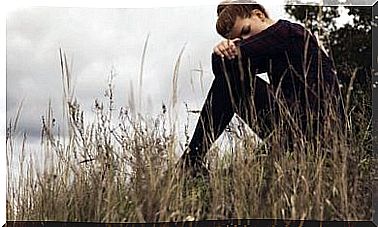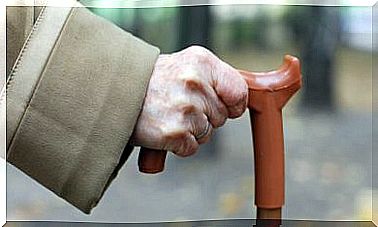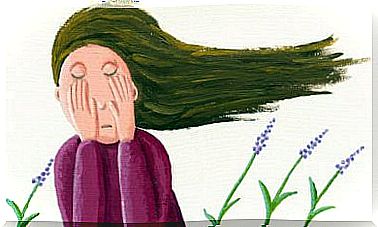Hyperchildren, Children Of Excessive Protection And Stress
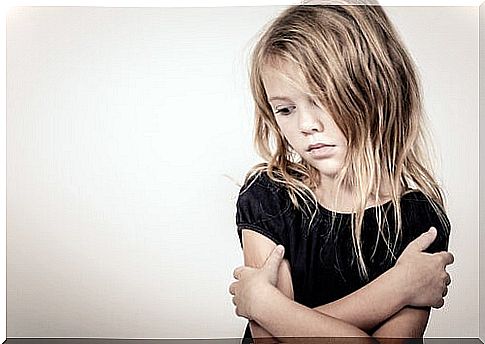
Hyperchildren are the product of hyperpaternity, an increasingly common new dynamic that neglects important aspects of childhood such as play, relationship with nature, boredom and confrontation with problems. An educational style based on overprotection and excessive attention and flattery.
A hyperchild responds to the needs of others before his own. This is a generation that has little time for self-discovery, intrapersonal development, and many personality traits that are forged in childhood.
What does the term “hyperchild” mean?
The terms “hyperchild”, “hyperchild” or “hyperpaternity” refer to family mechanics that focus their efforts on keeping their children under control and, as a consequence, they become disconnected from the activities of their age. Thus, they become little independent individuals from those who are expected to be perfect.
The term arose in the United States, and is related to the traditional concept of the “spoiled child”. However, as the journalist Eva Millet, author of the books Hyperpaternity and Hyperniños, indicates: perfect children or hypochildren? , in the hyperchildren a special stress is overturned on the part of the parents that the spoiled children did not suffer.
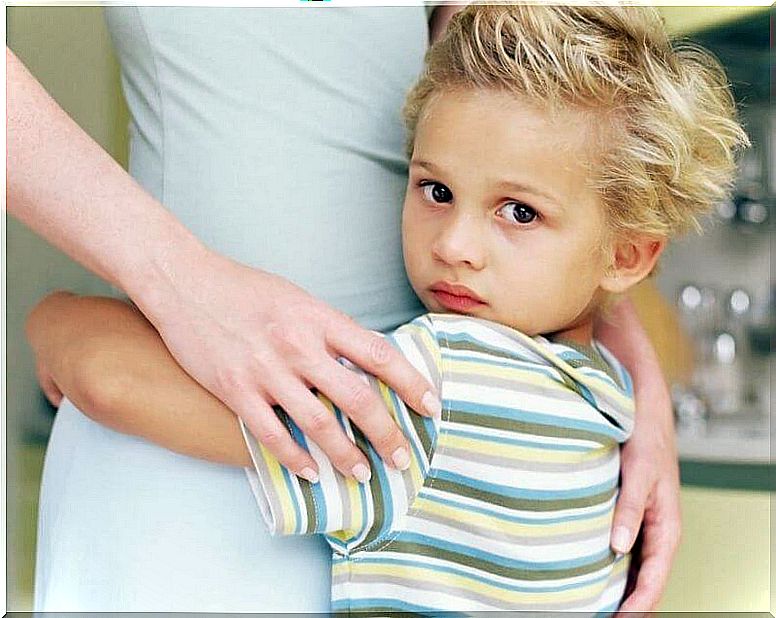
What is the life of hyperchildren like?
Hyperchildren occupy their lives with extracurricular activities that they are not passionate about, are well aware of their shortcomings, and are treated by parents as an investment: after putting a lot of money and effort into raising their children, they think (often unconsciously) that That value must be transformed into the success of your children.
Now, children are aware of much more than we imagine, and that pressure affects them at all levels. This is how your life becomes a constant stress to meet the expectations of others.
However, there is another side to the coin: hyperchildren are increasingly the center of attention in all families. As Millet indicates, “you go to the houses and the photos are no longer of the grandparents, but of the children, who more than ever are the kings of the house. This has to do with the fact that we have 1.3 children on average per couple and before there were many more, they were not given so much attention. Before they were furniture, now they are altars ”.
This overstimulation generates in children a feeling of authority that is not positive for their personal development. As a consequence, they are not able to manage their emotions well, they get frustrated easily, they suffer from parental anxiety… Ultimately, they become what Millet calls “hiponi”, dependent children who cannot do anything without the help of their parents. parents.
But what does a child need?
It is difficult to determine what the needs of all children are, since, as individuals, they have aspirations, desires and expectations of their own. However, one thing is clear: they are still training to face the real world, and we cannot demand as much of them as we do from adults.
That is why the aspirations of a parent should never be turned over to children: thinking about the university degree they will do when they have not yet reached 10 years is, above all, nonsense. We must let children develop their personality, their tastes. And, above all, let them fail, learn where the limits are and what they can extract from their failures if they want to overcome those limits.
As the author indicates, the offer of activities and experiences has grown exponentially in recent years, due to the generation of inter-family competitions. Parents or caregivers wonder which camp will be the best, what kind of music will be the most prestigious …
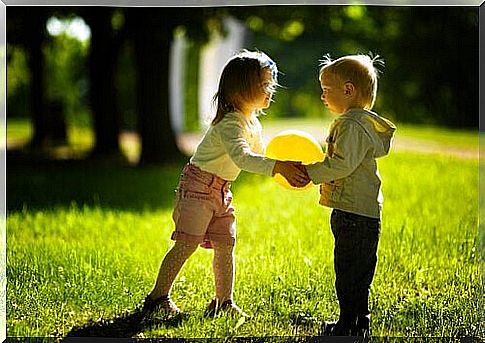
Less money and more love
All those experiences, classes and camps come at a great outlay. But, despite everything, we cannot expect children to appreciate amounts of money that they still do not understand. Therefore, instead of worrying about which English teacher is the one with the best references to teach a 10-year-old child, it is preferable for that child to relate in a much more natural way.
After all, children must grow up playing with other children, putting their skills to use independently. And parents should not be placed as the main pillar in their relationship, but aside, to be there when the child asks for help.
It is important that they learn to overcome situations that do not present themselves as expected; the role of a father or a mother is nothing but advising, supporting and, above all, loving.

